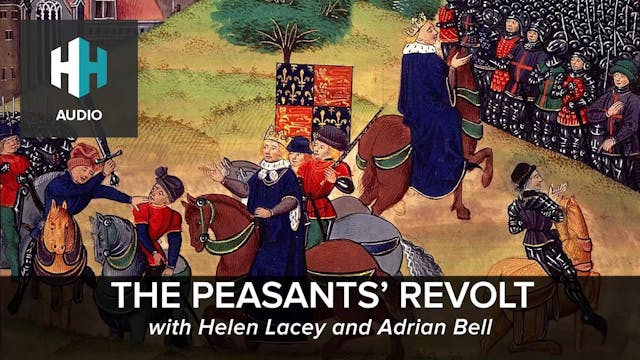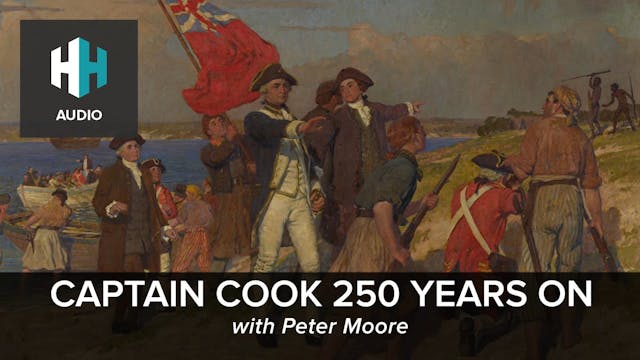🎧 Why the Statues Are Coming Down
🎧 Dan Snow's History Hit
•
25m
Recent years have seen a spate of statue removals from the toppling of Confederate statues in the United States, the tearing down of the Edward Colston statue in Bristol and recently the removal of statues of Queen Victoria in Canada. Some have been taken down in an orderly manner and others torn down or defaced by activists. For some, the removal of statues is a powerful symbol of the desire for social justice and for remembering the wrongs of the past. For others, the removal of monuments is an attempt to erase history. It is certainly a subject that evokes very strong feelings.
The historian Alex von Tunzelmann is today's guest on the podcast. She is the perfect person to help unpick this emotive topic having just written a book on the subject called Fallen Idols: Twelve Statues That Made History. Dan and Alex discuss how and why statues are erected in the first place; how this is far from a new phenomenon; how, perhaps, we should deal with controversial statues and whether statues have had their day?
Up Next in 🎧 Dan Snow's History Hit
-
🎧 The Peasants' Revolt
In 1381 England was rocked by one of the most widespread popular uprisings of the medieval period; the Peasants' Revolt. Beginning in Essex in response to the overreaching demands of a local government official but unrest spread like wildfire across the south of England. Soon the rebels faced dow...
-
🎧 World War Two Showdown in the Medit...
By the summer of 1942 Malta had been under siege by Axis forces for over a year and the situation on the island was bleak with food and fuel almost exhausted. This vital allied foothold in the Mediterranean had to be held at all cost in order to prevent the collapse of the allied effort in North ...
-
🎧 Captain Cook 250 Years On
250 years ago today Captain James arrived back from one of the most remarkable voyages of exploration in the history of the world. The expedition took Cook and his crew through the Pacific making contact with the numerous island communities of that ocean and perhaps most famously being the first ...



